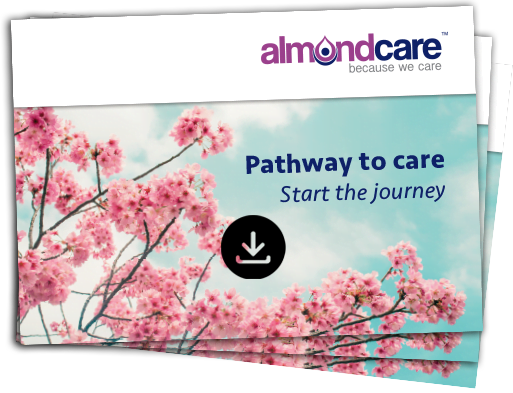
Whilst being relatively rare, Huntington’s disease has a huge impact on those with the condition, as well as their families.
What is Huntington’s disease?
This progressive disease damages the brain over time, impacting movement, emotions, memory, and personality.
Due to the nature of the disease worsening over time, each individual with Huntington’s disease will have different needs, which will depend on the severity of their symptoms.
According to the NHS, symptoms of Huntington’s disease can usually be noticed from the age of 30-50 and the warning signs include:
- Difficulty concentrating
- Memory lapses
- Depression
- Stumbling and clumsiness
- Mood swings
As the condition progresses, it can go onto impact speech, breathing, personality, and movement which can impact the individual’s ability to perform daily tasks.
How can you help?
Unfortunately, there is currently no cure or way to prevent the progression of Huntington’s disease, meaning it is vital to focus on physically and emotionally supporting people with the condition.
When supporting individuals with Huntington’s disease, it is important to remember that there is no “one size fits all” approach that can be taken.
The symptoms, and severity of these, will differ from person to person so you must tailor the way that you support them depending on their needs.
For instance, one individual may require minimal support with some tasks, whereas another individual may need round-the-clock care.
At Almond Care, we ensure we pay close attention to the development of the condition and quickly adapt to the developing needs of each client.
Do you or one of your loved ones need support? Contact us.






